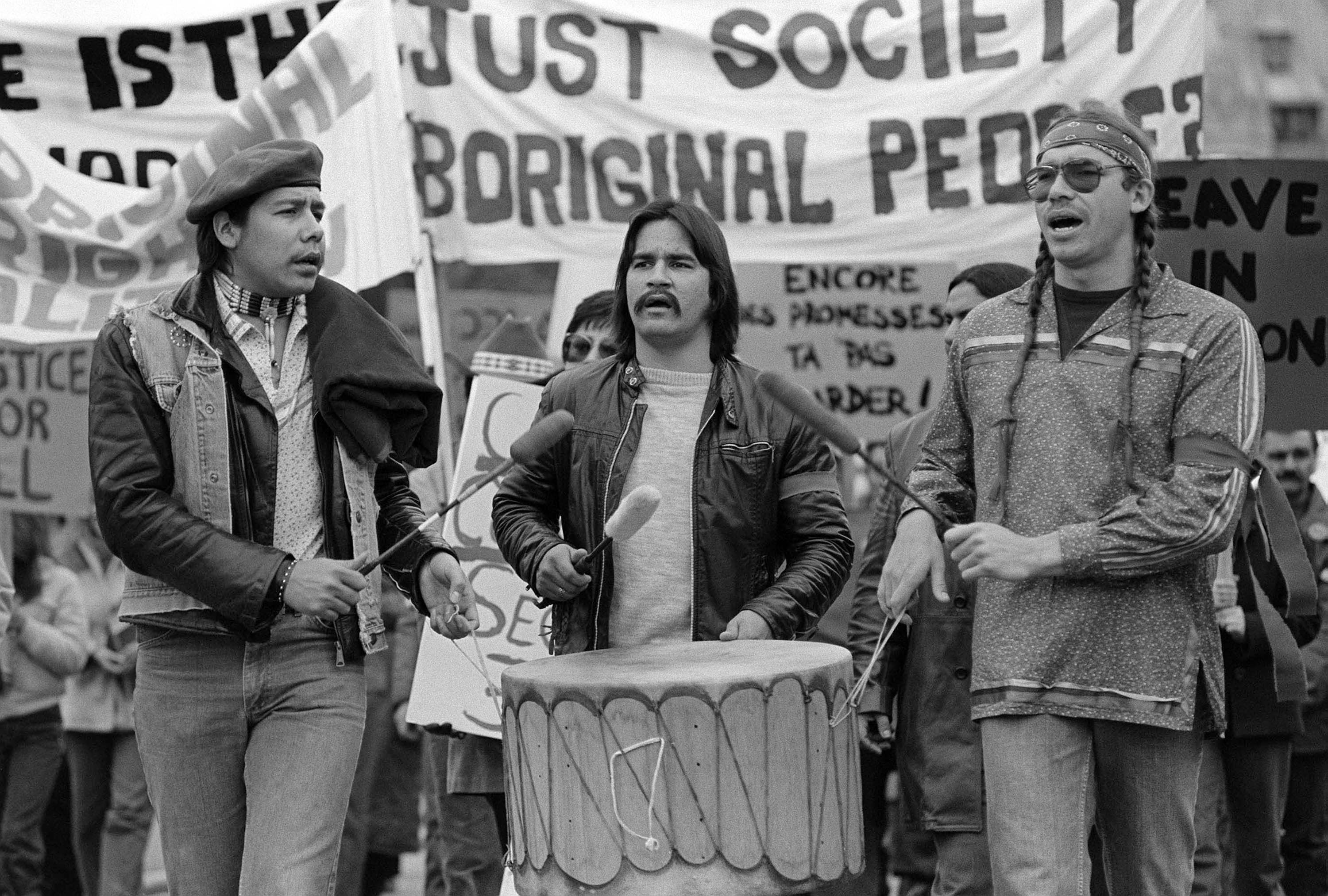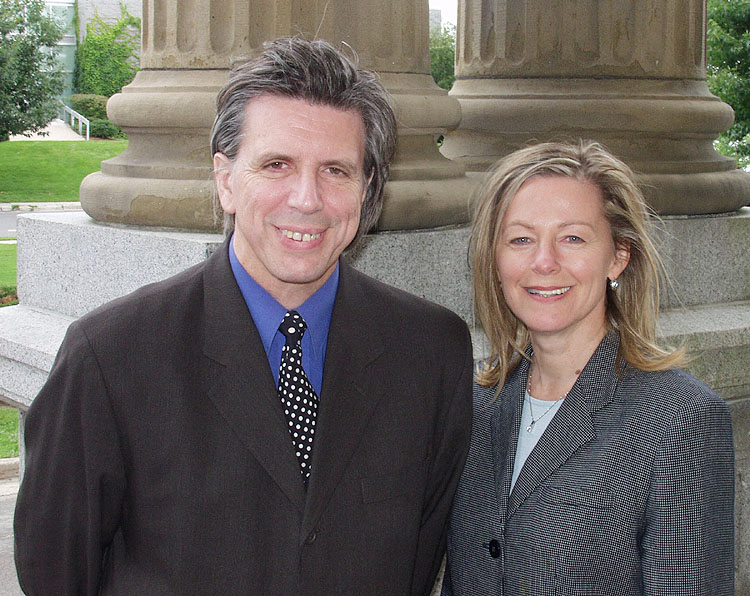Article
Aboriginal Peoples Television Network (APTN)
Aboriginal Peoples Television Network (APTN) is the world’s first Indigenous national broadcaster dedicated to Indigenous programming. First broadcast on 1 September 1999 in Winnipeg, Manitoba, APTN provides various content, including news, dramas and documentaries. Aimed at diverse audiences, APTN offers programming in Indigenous languages, English and French. It broadcasts into more than 11 million Canadian households and businesses, a significant portion of which are located in remote areas. APTN mainly generates revenue for operations through subscriber fees, advertising sales and partnerships.










